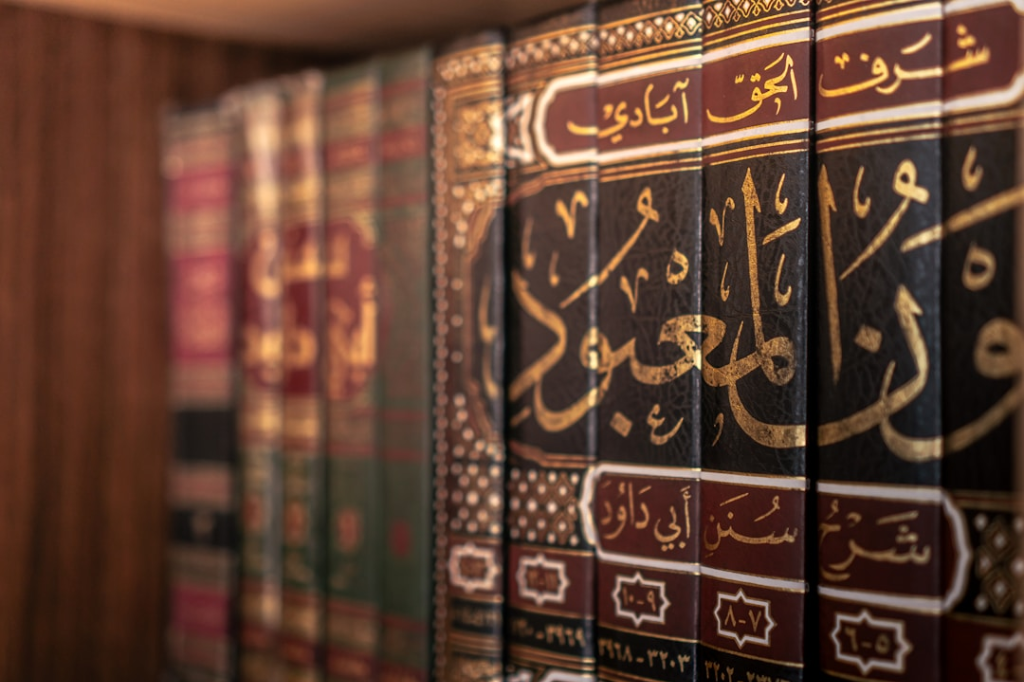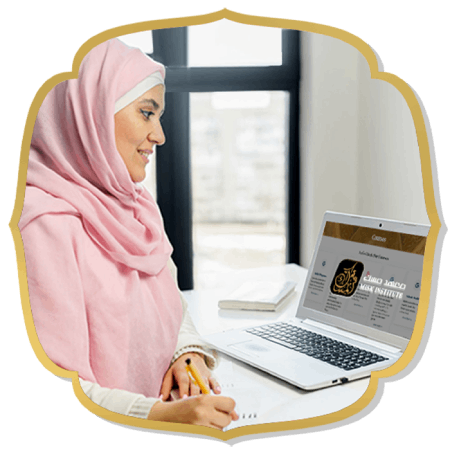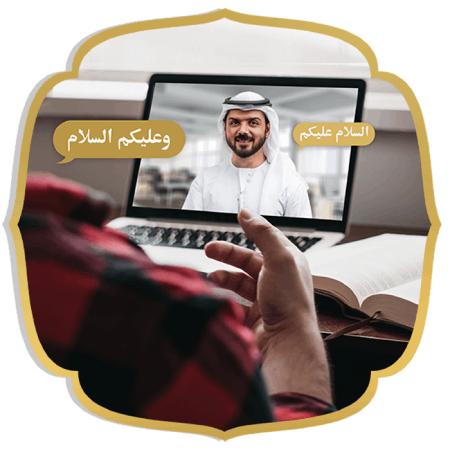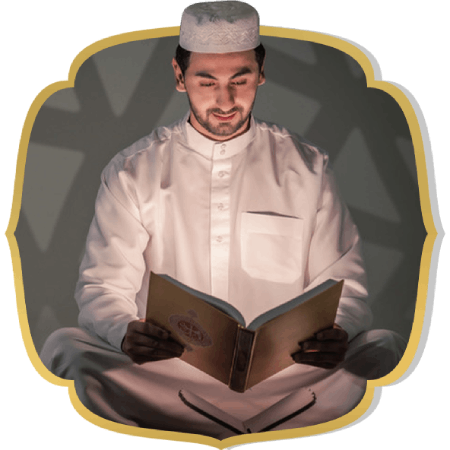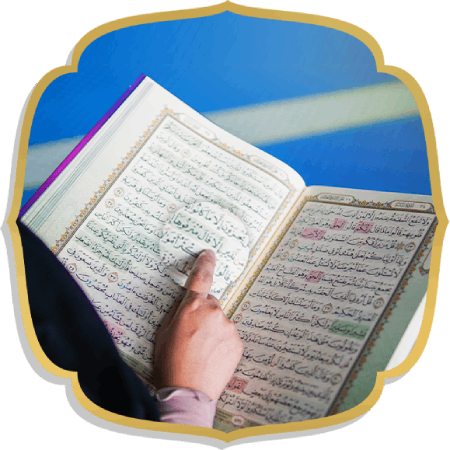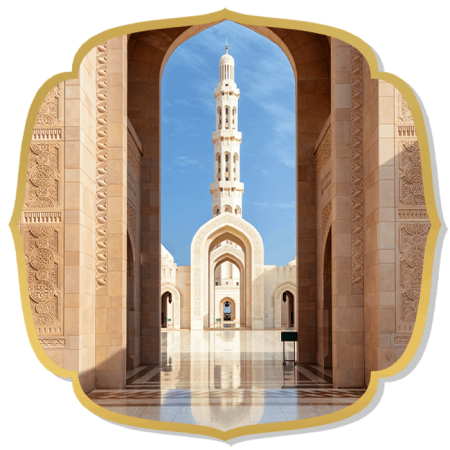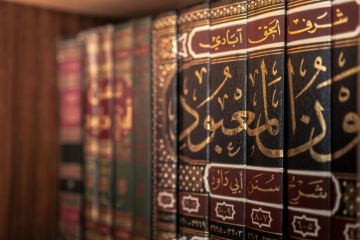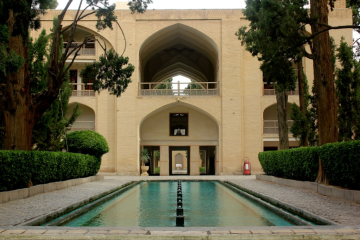A Gateway to Cultural Understanding
Arabic is more than just a language—it’s a key to unlocking the traditions, values, and stories of over 400 million speakers across the Middle East, North Africa, and beyond. By learning Arabic, you gain firsthand access to centuries-old literature, poetry, and philosophy. Imagine reading classical texts like One Thousand and One Nights as they were originally written or immersing yourself in the works of great thinkers such as Al-Farabi or Ibn Khaldun. These experiences forge a deeper connection to the rich fabric of Arabic-speaking cultures.
Building Bridges With Communities
Arabic fosters connections that transcend words, helping learners engage with communities in authentic and meaningful ways. By understanding the language, you respect and celebrate the cultural nuances embedded in everyday communication. From expressing gratitude to practicing hospitality, understanding these subtleties can create bonds of trust and mutual respect. Whether you’re traveling to Morocco's bustling souks or visiting Cairo’s historic mosques, speaking Arabic transforms these experiences, making them more vibrant and personal.
Fostering Empathy Through Language
Learning Arabic also cultivates empathy. It challenges learners to see the world from a different perspective and fosters an appreciation of the diversity that shapes global societies. This cultural fluency enriches our view of the world and encourages respectful dialogue, an invaluable skill in today’s interconnected communities.
Unlocking Career Opportunities
Arabic is increasingly recognized as one of the most important languages for global communication. With economic growth in many Arabic-speaking countries, the demand for professionals fluent in Arabic has surged across sectors such as business, education, and international relations.
A High-Demand Skill
From global commerce to government agencies, organizations are actively seeking Arabic speakers. The language is listed as one of the most critical for global economic and political engagement by institutions like the U.S. Department of State. For professionals in fields like international business, finance, journalism, and diplomacy, knowing Arabic can set you apart in a competitive job market.
Imagine leading negotiations with Arabic-speaking clients, reporting on pivotal events in the Middle East, or contributing to humanitarian efforts in Arabic-speaking regions. These opportunities aren’t just career milestones; they position you as a bridge-builder in an increasingly interconnected world.
Opportunities in Translation and Localization
Arabic’s importance in digital spaces continues to grow. By contributing to website localization, mobile app translations, or subtitling for film and television, you can play an active role in expanding access to knowledge and entertainment. This skill is particularly valuable given the increasing digitization of Arab-speaking regions and their dynamic audiences.
Personal Growth Through Multilingualism
The process of learning Arabic is an opportunity for profound personal transformation. It hones cognitive abilities, teaches adaptability, and boosts confidence—all while broadening horizons.
Cognitive Benefits of Mastering Arabic
Arabic challenges learners in unique ways. From understanding its script, which reads right-to-left, to mastering its root-based word structures, it activates areas of the brain responsible for problem-solving and analytical thinking. This mental sharpness extends beyond language learning, enhancing memory and focus in other areas of life.
Studies have also shown that multilingual individuals often possess greater creative thinking skills. The process of learning Arabic opens up new ways to approach challenges, whether in academic settings, professional work, or personal life.
Boosting Confidence and Perseverance
The sense of accomplishment that comes with mastering Arabic is unmatched. By overcoming initial challenges, learners develop resilience and self-assuredness. Each milestone—whether it’s understanding a greeting, reading an article, or holding a conversation—is a testament to hard work and growth.
Connecting With a Rich History
Arabic is the vehicle of profound historical and scientific achievements. With roots dating back thousands of years, the language is deeply tied to groundbreaking advancements in mathematics, astronomy, and medicine during the Islamic Golden Age. Learning Arabic doesn’t just teach a language; it immerses you in a legacy of innovation and discovery.
Arabic in Global Diplomacy and Business
As global influence shifts and the Middle East takes on a more prominent role in international affairs, the demand for Arabic fluency in diplomacy and business has grown exponentially.
Navigating Diplomatic Engagements
International relations often require nuanced negotiation and culturally sensitive communication. Diplomats fluent in Arabic are better equipped to build partnerships and foster mutual understanding on the geopolitical stage. Speaking the language not only facilitates dialogue but also shows respect for local customs and values—an essential aspect of effective diplomacy.
Bridging Cultures in Business
Arabic-speaking regions are home to some of the fastest-growing economies. Whether it’s oil and gas, digital innovation, or tourism, these sectors offer vast opportunities for collaboration. Professionals fluent in Arabic can tap into these industries, building partnerships that thrive on cultural awareness and precise communication.
Discovering a Vibrant Contemporary Culture
The richness of Arabic culture is not solely rooted in its past—it thrives in the present through art, music, cinema, and cuisine. Learning Arabic allows you to engage with contemporary works from regional filmmakers, artists, and musicians in their unfiltered form. This direct connection to modern expression deepens your understanding of Arabic-speaking societies.
Experiencing Regional Diversity
One of the most rewarding aspects of learning Arabic is exploring the regional variations within the language. Whether it’s Levantine, Gulf, or Egyptian Arabic, each dialect has its own unique flavor and charm. This exploration adds depth to your learning experience, enhancing your flexibility and ability to connect with diverse communities.
Becoming Part of a Global Community
Learning Arabic isn’t just an individual endeavor—it’s an opportunity to join a growing, global community of learners and speakers who share a love for the language. By participating in forums, attending cultural events, or practicing conversational skills in immersive settings, you build relationships that transcend borders.
Taking the First Step
The benefits of learning Arabic are as vast as they are rewarding. It’s a skill that bridges cultures, creates opportunities, and fosters personal growth in ways few other languages can. Whether you’re driven by career aspirations, a passion for history, or a desire to connect with people worldwide, Arabic is your key.
Ready to get started? Begin with small steps—a simple phrase, a short text, or an online course. Each effort brings you closer to fluency and the world of possibility it unlocks.
Arabic isn’t just a language; it’s an invitation to explore a deeper, more connected way of understanding the world. Are you ready to accept it?
🌟 If you're ready to start your Arabic learning journey, don't miss our article:
Unlock Your Potential with Misk Institute’s Online Arabic Courses
